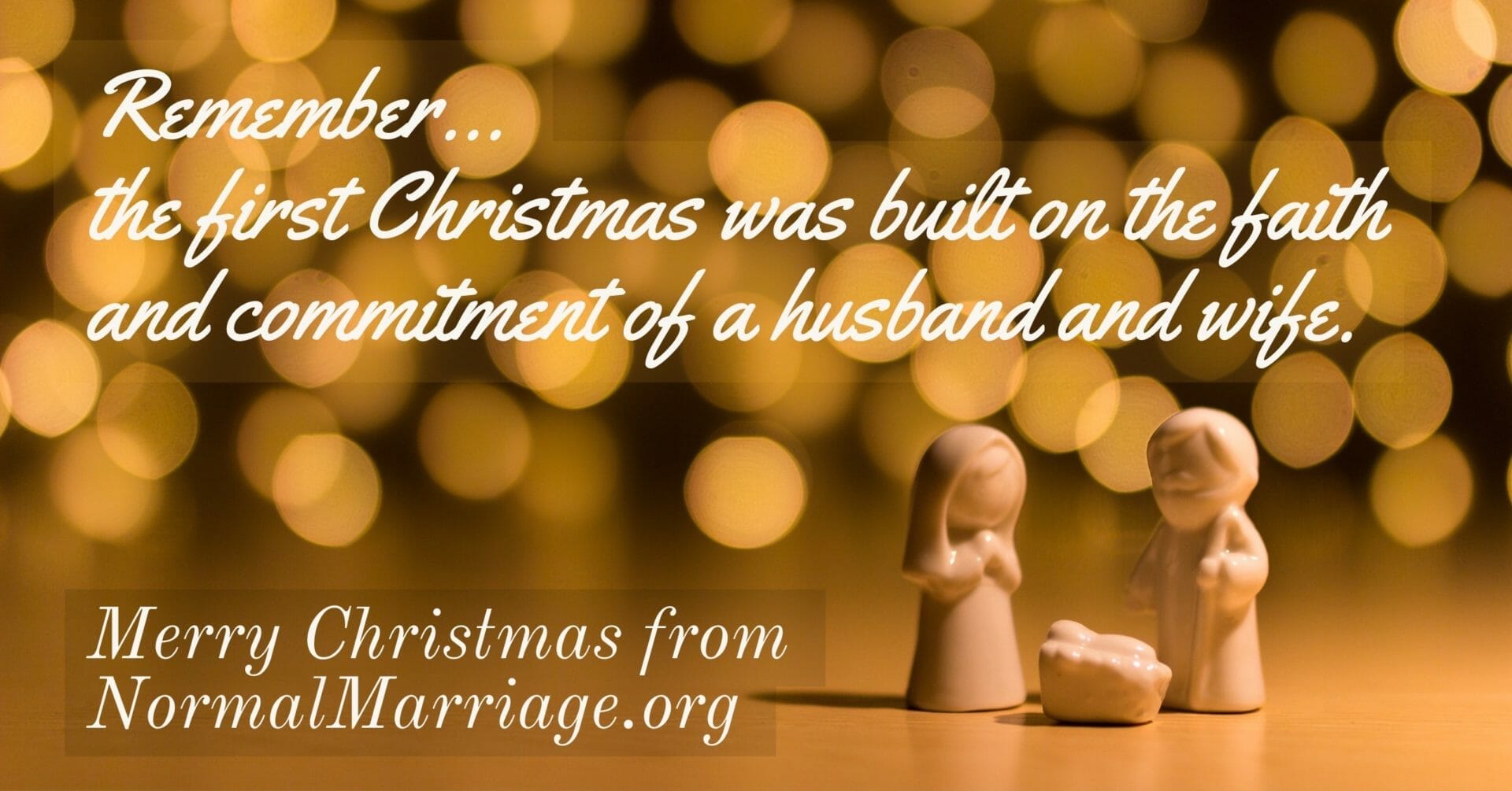“Some people get all the breaks!” Ever felt that way?
King Hezekiah is one of those people for whom everything just seems to works out. But there’s a reason for that.
2 Kings chapter 18 tells us that King Hezekiah was living a life of faithful obedience before he faced his difficulties. He didn’t wait for things to get bad to be faithful. He was faithful before the bad times. And 2 Kings chapter 19 tells us Hezekiah didn’t scramble to fix things himself when things were bad, but instead prayerfully turned to God and trusted Him for the outcome.
Now, he was not perfect. In the middle of 2 Kings chapter 18, Hezekiah tries to pay off the Assyrian king rather than trust God. But, once the Assyrian king goes back on his agreement, Hezekiah realizes God is the only person whom he can truly trust.
And towards the end of 2 Kings chapter 19, Hezekiah believes God enough to wait for Him to act on His promises. When impending disaster is breathing down his neck, he doesn’t just say he believes God, he sits on his hands and waits for God to do something.
Hezekiah was not someone who “caught all the breaks.” He was someone who was…
- Faithful to God long before he needed the break.
- Fervently prayerful when he needed a break.
- Fearlessly willing to wait on God until the break came…despite the fear and pressure it might not.
And Hezekiah lived out those principles of faith, prayer, and trusting even when he became ill and close to death. (2 Kings chapter 20)
Compared to Hezekiah, how are you doing? Are you faithful before the problem arises, prayerful in the midst of the problem, and trusting to the end of the problem? Or are you just hoping to catch a break?













